Iran scraps ‘some commitments’ to nuclear deal
Iran has announced it will stop implementing some key provisions of its 2015 nuclear deal with major powers. Russia said Iran had been provoked, due to pressure from the US.

Iran on Wednesday informed signatories to the 2015 Joint Comprehensive Plan of Action (JCPOA) nuclear deal that it no longer plans to adhere to certain “voluntary commitments” made in the accord.
The decision comes after the US dispatched an aircraft carrier strike group to the Middle East to send a “clear and unmistakable” message to Tehran.
What Iran said
- Iran says it will stop curbing its stocks of enriched uranium and the “heavy water” needed by certain types of reactor to ensure that nuclear fission can take place;
- Tehran informed the governments of Germany, Britain, France, China and Russia about its plans by letter on Wednesday, according to state media;
- Iran said it would start resuming high level uranium enrichment if, after 60 days, the signatory states failed to protect Iran’s oil and banking sectors from sanctions;
- The country will stay within the terms of the 2015 nuclear treaty, but will revive some nuclear activity that was halted.
Read more: US military flare-up ‘would be a godsend to Iran hardliners’

The deal breaker
President Donald Trump announced on May 8 that he was pulling the United States out of the 2015 Iran nuclear deal, arguing that the international accord was not in America’s “national interest.” The decision threw a cloud of uncertainty over the future of the nuclear accord and raised tensions with US allies in Europe.
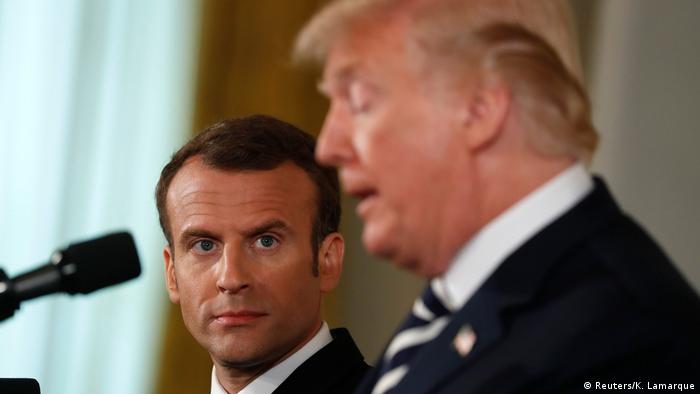
Slap in the face
Britain, France and Germany lobbied the Trump administration and Congress to remain in the nuclear accord, arguing that the deal was working and a US violation without a follow up plan would be destabilizing. In European capitals, the Trump administration’s withdrawal was viewed as a slap in the face of allies.

Iran scrap ‘voluntary commitments’
A year to the day after Trump’s announcement, Iran informed the other signatories of the accord that they would no longer adhere to certain “voluntary commitments.” Iranian President Hassan Rouhani said the signatory nations had 60 days to implement promises to protect Iran’s oil and banking sectors or Iran would resume the enrichment of uranium.
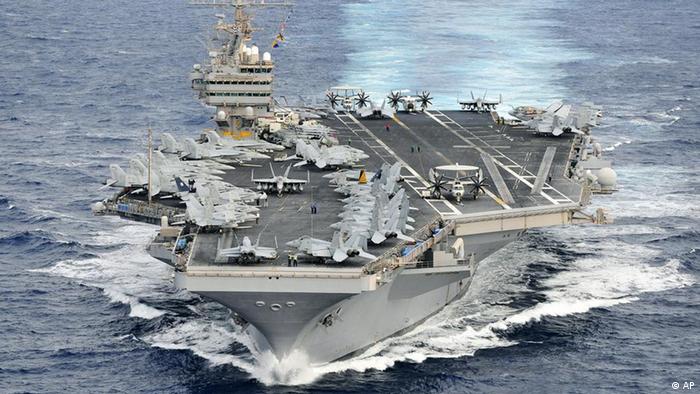
Response to US pressure
The decision came after the United States deployed an aircraft, the USS Lincoln, along with a bomber task force to the Middle East. Washington said the deployment was intended as a “clear unmistakable message.” Iran said it took action because the European Union and others “did not have the power to resist US pressure.”
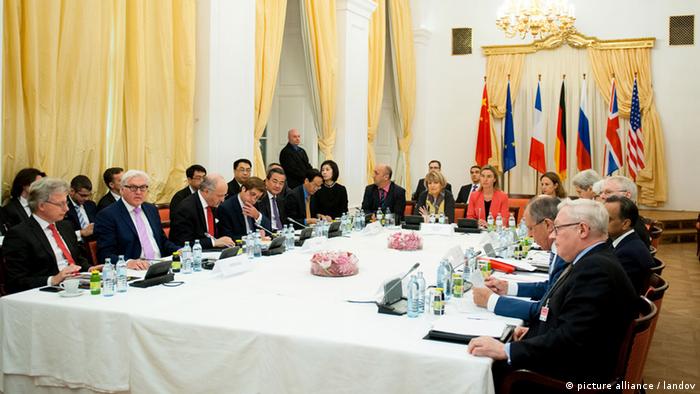
A triumph of diplomacy
The Joint Comprehensive Plan of Action (JCPOA), better known as the Iran nuclear deal, was signed in 2015 by United States, China, Russia, France, Germany and Britain (P5+1) and Iran following years of negotiations. Under the international agreement, Iran agreed to dismantle its nuclear program and be subject to monitoring in exchange for the lifting of international nuclear related sanctions.
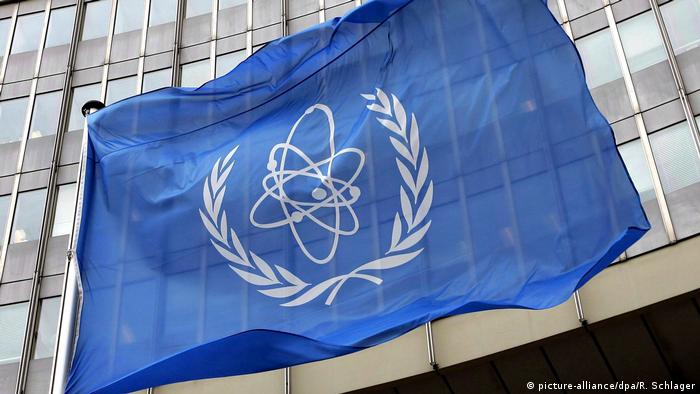
Compliance and verification
The JCPOA includes a robust monitoring, verification and inspection regime carried out by International Atomic Energy Agency (IAEA). The UN watch dog has verified Iran’s compliance with the deal in 12 quarterly reports. The JCPOA allows Iran to pursue a peaceful nuclear program for commercial, medical and industrial purposes in line with international non-proliferation standards.
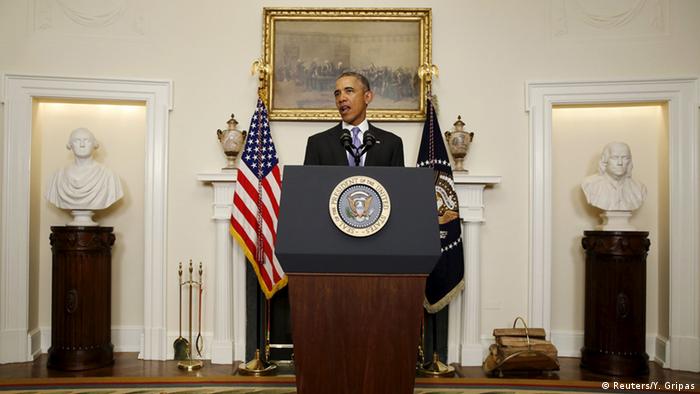
Obama’s achievement
The Iran nuclear deal was President Barack Obama’s signature foreign policy achievement. Seeking to undo nearly every Obama administration legacy, Trump came into office calling it the “worst deal ever.” The Trump administration argues the nuclear deal doesn’t address other unrelated issues such as Iran’s ballistic missiles, regional influence, support for “terrorist” groups and human rights.
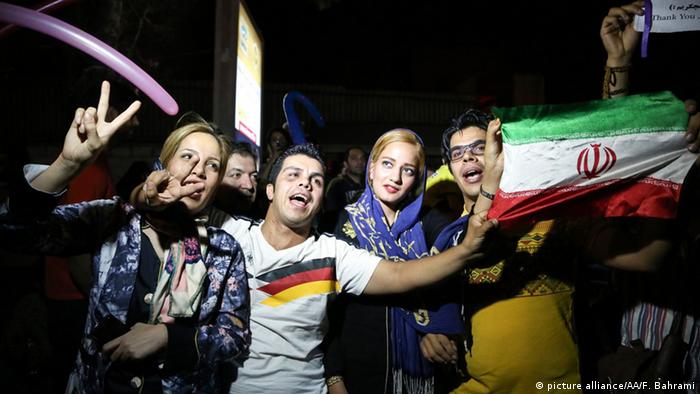
Iranians approved
The nuclear deal and lifting of punishing nuclear related international sanctions created optimism in Iran after years of economic isolation. However, even before Trump pulled the US out of the deal, Tehran blamed the US for holding back international investment and not fulfilling its end of the bargain due to the uncertainty created by Trump’s threats.
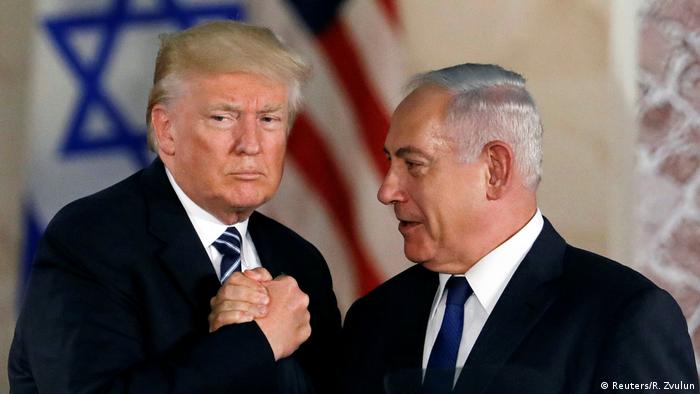
The opponents
After eight years with Barack Obama, Israeli Prime Minister Benjamin Netanyahu found the US president he wanted in Donald Trump. The Israeli leader repeatedly slammed the deal despite his own military and intelligence chiefs’ assessment the that JCPOA, while not perfect, was working and should be maintained. Saudi Arabia and the UAE are the other main opponents of the nuclear deal.
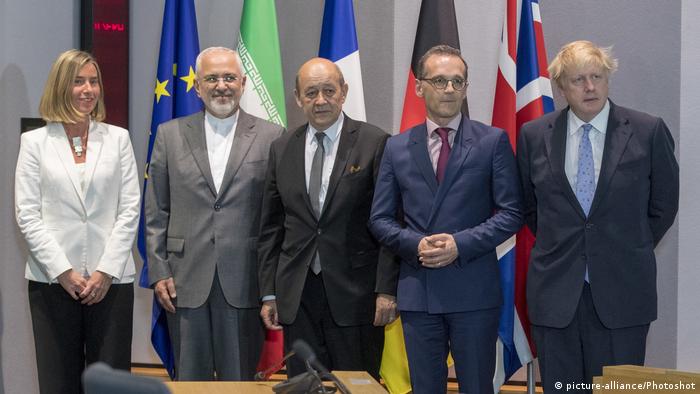
Who’s left?
The EU-3 (Britain, France, Germany) have scrambled to ensure that Iran receives the economic benefits it was promised in order to avoid Tehran pulling out of the deal. As EU businesses face retaliation from the US for doing business with Iran, many are opting to avoid Iran. This would likely be a present to Chinese and Russian businesses.
Tehran’s warning
Iranian President Hassan Rouhani warned that, if the deadline passed without better terms, Iran would once again begin higher enrichment of uranium.
“If the five countries join negotiations and help Iran to reach its benefits in the field of oil and banking, Iran will return to its commitments according to the nuclear deal,” Rouhani said.
However, Rouhani warned of a “strong reaction” if European leaders instead sought to impose more sanctions on Iran via the UN Security Council.
Read more: US policy spreads gloom in Iran
How has Europe reacted? Germany and France have both said they remain committed to the Iran nuclear deal. However, European countries may consider sanctions if Iran breaches the terms of the deal.
Foreign Minister Heiko Maas said on Wednesday that Germany wanted to preserve the nuclear deal, which was why it was important Iran adhere to its terms.
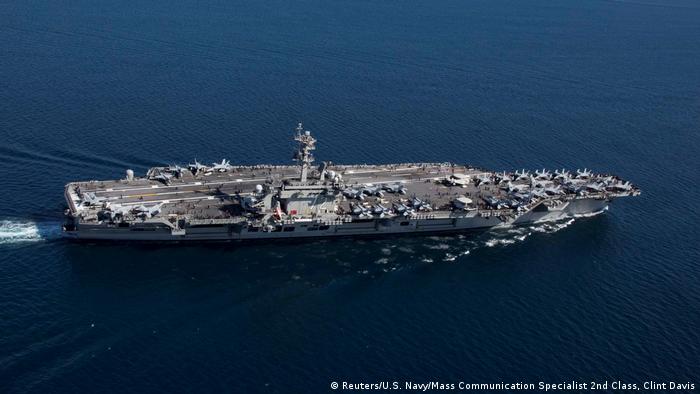
The USS Abraham Lincoln has been deployed to the Gulf to counter what Washington says are Iranian threats
What are Iran’s commitments under the deal? The restrictions in place are aimed at slowing Iran’s capacity to make a nuclear bomb. These include: capping the stock and levels of purity to which Iran can enrich uranium; implementing constraints at two enrichments centers; restricting the use of centrifuges and reducing the ability to produce plutonium.
What’s the backdrop? Wednesday marked the one-year anniversary of the US pulling out of the nuclear deal. This week, the US deployed an aircraft carrier, the USS Lincoln, along with a bomber task force to the Middle East to counter a “credible threat by Iranian regime forces.”
Washington has ramped up sanctions against Iran in recent months, and has designated the Iranian Revolutionary Guard Corps as a terrorist group. US Secretary of State Mike Pompeo made an unannounced visit to Iran’s neighbor Iraq on Tuesday to discuss the safety of Americans there, and explain US security concerns amid rising Iranian activity.
Read more: Why Russia, Iran seek deeper ties with North Korea
The 2015 deal saw sanctions on Iran lifted in exchange for limits on its nuclear operations. Since then US has withdrawn and restored crippling sanctions.
Iran-Russia bloc: Iranian Foreign Minister Mohammad Javad Zarif met with his Russian counterpart Sergei Lavrov Wednesday. Zarif alleged that, while China and Russia had supported Iran over the nuclear deal, the EU signatories had failed to do so. Lavrov told reporters that the signatories were making it hard for Iran to fulfil its obligations.
“President Putin has repeatedly spoken of the consequences of unthought-out steps regarding Iran and by that I mean the decision taken by Washington (to quit the deal). Now we are
seeing those consequences are starting to happen,” Kremlin spokesman Dmitry Peskov told reporters on Wednesday.
Zarif said he could guarantee the nuclear deal’s survival if European signatories fulfilled their
obligations: “Russia and China fulfilled their obligations,” he said in Moscow. “But other
parties, including the Europeans, have not been honoring their commitments.”
rc/jm (AP, AFP, Reuters)
Source: https://www.dw.com/en/iran-scraps-some-commitments-to-nuclear-deal/a-48646060